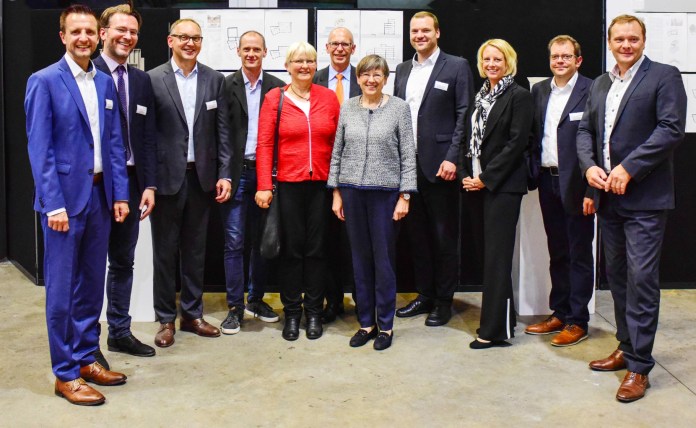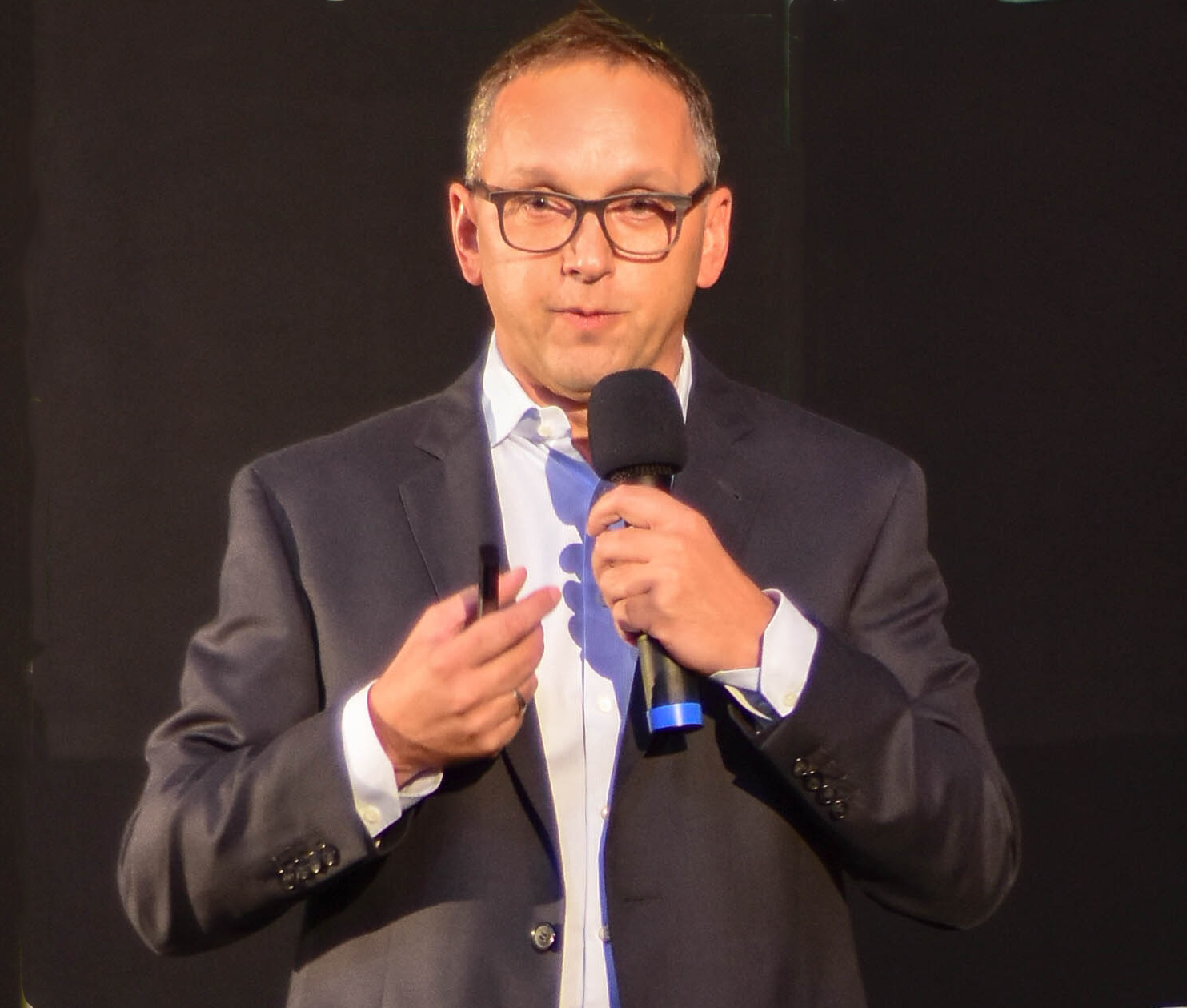
The FADZ Research and Application Centre for Digital Future Technologies (Forschungs- und Anwendungszentrum für digitale Zukunftstechnologien) launches a new master’s programme “Additive Manufacturing and Lightweight Engineering” at the Coburg University of Applied Sciences and Arts in Lichtenfels. The centre will also promote digital strategies of industry and trade in order to secure competitiveness.
For the launch of this programme, the FADZ recently gathered politicians, entrepreneurs and representatives from the Bavarian region to discuss education and digital transformation opportunities.
Challenges of the digital transformation affect enterprises of any size. This is therefore the right time to train young people so that this transformation does not become a surprise when they will start a new career. The FADZ aims to be a bridge builder and ambassador of new digital strategies in the era of Industry 4.0.
Moreover, as far as companies are concerned, the centre prevails a holistic approach regarding digital revolution. It encompasses academic education and research, approaches students and citizens, and strives to offer assistance to small / medium-sized enterprises and crafts on their way towards digital transformation.
“The next step of the digital transformation is the human being. Education and further training now need to be strengthened. The tools are in place, now we need to ensure broad-scale implementation by means of knowledge transfer for new ideas,” says Frank Carsten Herzog, founder and Managing Partner of the pioneering company Concept Laser. Thanks to the laser melting process for metals, Mr Herzog created excellent conditions for the “Generation 3D” at the Lichtenfels site. Sharing these competences of the company and the Coburg University with the general public is the mission that the FADZ is now willing to face. “If traditional technologies such as mould-related methods are disruptively replaced by additive processes, we need to involve people and get them on board,” adds Mr Herzog.

The new master’s programme “Additive Manufacturing and Lightweight Engineering” is just the first step. The realm is far more comprehensive: AI (artificial intelligence), big data, bionics, topology optimisation and lightweight engineering are getting established across disciplines in all industrial sectors from automotive and medical engineering through to aerospace and architecture. “With the help of a training campaign, today’s 3D tools can dramatically re-shape our concept of processes and products. Basic and advanced vocational training is fundamental to the design of the digital future,” continues Mr Herzog.

